Pompeo to speak at Iran opposition event snubbed by Kurds
ERBIL, Kurdistan Region – Iran’s Kurdish parties say they will not take part in a conference allegedly organized by the People’s Mujahedin of Iran (MEK) on the fringes of the UN General Assembly in New York on Tuesday because the Kurdish question in Iran is not a key part of the agenda.
US Secretary of State Mike Pompeo is scheduled to speak at the event fronted by Iran hawk and former diplomat Mark Wallace, according to The Washington Post.
The US State Department considered MEK a terrorist organization until it was de-listed in 2012.
With the help of a powerful lobby in the US establishment, MEK has sought to present itself as the official opposition to the Iranian regime.
Confusion over who actually organized the event, and the belief that Kurdish issues have been left off the agenda, led Kurdish parties in Iran to decline invitations.

“The Cooperation Center of Iranian Kurdistan Political Parties is informing the public that after subjective interpretations from all the parties, we agreed not to take part in the conference set be held on September 24 under ‘The Future Iran’ in New York,” a joint statement from the parties read.
The cooperation centre was formed by five Iranian Kurdish parties to better coordinate their activities. The Kurdistan Democratic Party-Iran (PDK-I), Democratic Party of Iranian Kurdistan (PDKI), and two branches of the left-wing Komala party are among its members.
Salih Sharifi, spokesperson of the cooperation center, told Rudaw: “The Kurdish movement has its weight among the Iranian oppositions and it should be the case when it comes to taking part in such conferences.”
“But in the agenda of the New York conference, the weight and position of Kurds is unclear to us,” he said.
According to the official organizers of the conference, invitations were sent to Kurdish opposition groups a few months ago.
“It is even unclear which side sent the invitations, nor did it say which parties were to attend,” he added.
According to media reports, the controversial MEK group is said to be the main organizer of the conference.
“Not all the opposition parties of Islamic Republic are attending the conference either,” Sharifi said.
MEK, which Tehran considers a terrorist organization, is an opposition party headquartered in Albania, with a presence in France and the US. The party advocates for regime change in Iran.
In 1981 the MEK formed an alliance with the Kurdistan Democratic Party of Iran (KDPI). However, the KDPI left the alliance in April 1985 when its then-leader pursued talks with the regime regarding Kurdish autonomy. MEK said there should be no negotiation with the regime.
The group was listed as a terrorist organization for its role in the overthrow of the Western-backed government of Shah Mohammad Reza Pahlavi and for its ties to the regime of Saddam Hussein in Iraq.
It has since been rehabilitated as an acceptable opposition movement, although critics have likened it to a cult.
Former National Security Advisor John Bolton, former New York mayor Rudy Giuliani, former senator Joseph I. Lieberman, and former Vermont governor Howard Dean have all spoken it its events.
Pompeo’s decision to speak at Tuesday’s gathering is another sign of establishment endorsement.
Tensions between Tehran and Washington have been increasingly fraught since May 2018 when US President Donald Trump unilaterally withdrew the US from the landmark 2015 nuclear accord and reimposed crippling economic sanctions.
Although Iranian Kurdish parties were not invited to a mid-February US-Poland conference in Warsaw, they called for unity among the Iranian opposition and urged the world to work with them if they want to contain the Islamic Republic’s destabilizing activities.
Kurdish groups such as the PDKI and PDK-I, Komala, and the Kurdistan Workers’ Party (PKK)-affiliated Kurdistan Free Life Party (PJAK) have been based in the Iraqi Kurdistan Region since 1992 and often engaging in sporadic military confrontations with Iran’s elite Islamic Revolutionary Guard Corps (IRGC) in the border areas.
Iran is worried the US, Israel, and their regional allies are using the Kurds against the regime in Tehran. However, Kurds have categorically rejected the claims, saying they fight for greater rights for their nation in the western part of the country, known as Rojhalat.
Zhelwan Z. Wali, Rudaw,


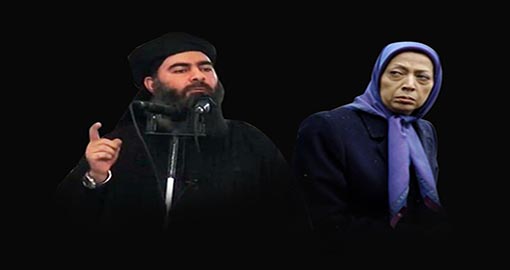 MEK’s ongoing influence in these current attacks. Based on my inside knowledge of the MEK I believe this organization has now helped the most notorious terror organization in the world to attack our country and our people.
MEK’s ongoing influence in these current attacks. Based on my inside knowledge of the MEK I believe this organization has now helped the most notorious terror organization in the world to attack our country and our people.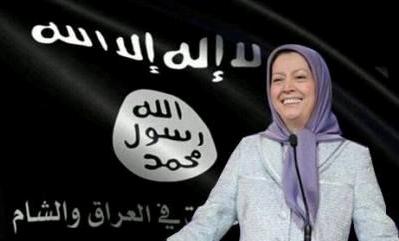
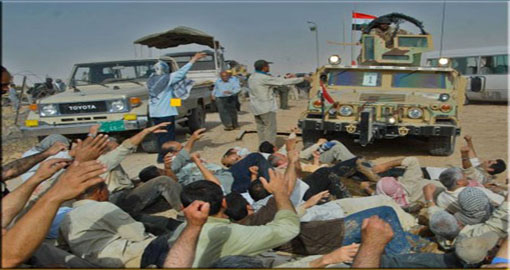 While the world-wide news media are focusing on the operation against ISIS in Mosul the propaganda websites of the Mujahedin Khalq Organization (the MKO) keeps on its deadly silence about any news on the battle of coalition forces against terrorists of Islamic State. As ISIS extremist terrorists have been already called as “Iraqi revolutionary tribes” by the MKO propaganda, meaningful ignorance of the group regarding the atrocities of ISIS confirms their sympathy for them.
While the world-wide news media are focusing on the operation against ISIS in Mosul the propaganda websites of the Mujahedin Khalq Organization (the MKO) keeps on its deadly silence about any news on the battle of coalition forces against terrorists of Islamic State. As ISIS extremist terrorists have been already called as “Iraqi revolutionary tribes” by the MKO propaganda, meaningful ignorance of the group regarding the atrocities of ISIS confirms their sympathy for them. suicide attack by a group of MKO terrorists who attempt to target a gathering of prominent Sunni clerics.
suicide attack by a group of MKO terrorists who attempt to target a gathering of prominent Sunni clerics.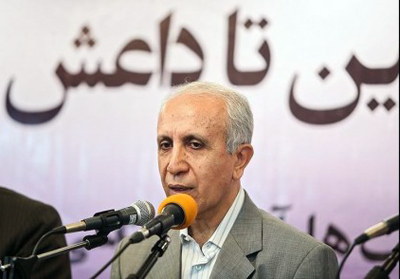 mighty enough, Iran’s western provinces were the scene of similar events what happened in Syria and Iraq.
mighty enough, Iran’s western provinces were the scene of similar events what happened in Syria and Iraq.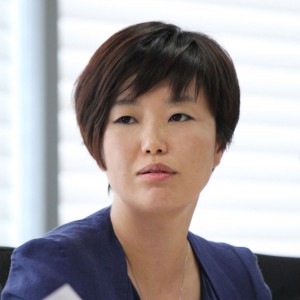
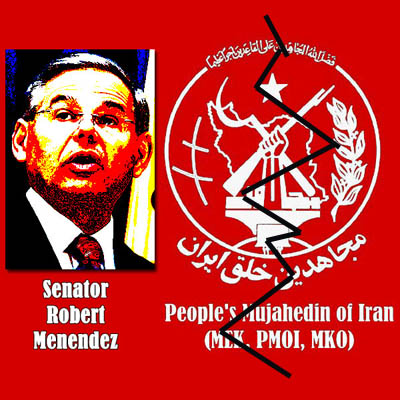 The phrase “Iraqi revolutionary forces and tribes” was clearly condemned by the group’s critics. That is why a few weeks later the group leader, Maryam Rajavi, tried to whitewash the pro violence and anti-human face of her cult by pretending the the group’s disapproval of the IS.
The phrase “Iraqi revolutionary forces and tribes” was clearly condemned by the group’s critics. That is why a few weeks later the group leader, Maryam Rajavi, tried to whitewash the pro violence and anti-human face of her cult by pretending the the group’s disapproval of the IS.